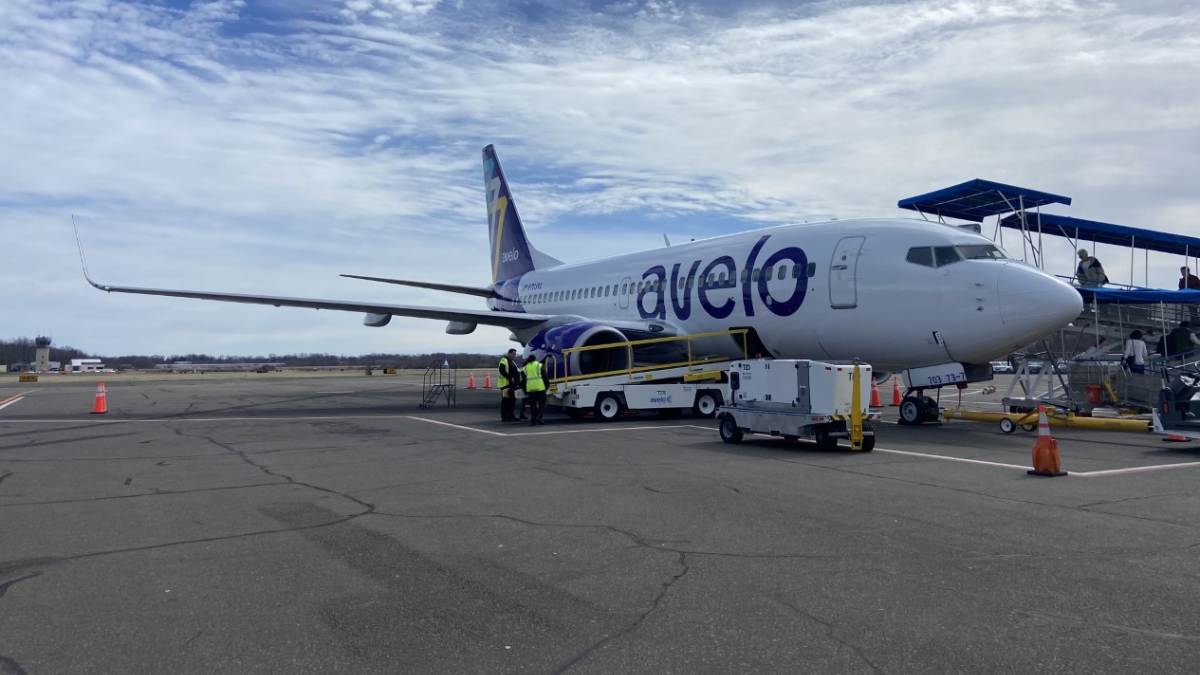“Because of the costs associated with pumps and you know breast milk supplies, and those kinds of things,” new mother Laura Callachan said. “I got a pump through insurance but had to buy another one, too, because it got banged up so much from traveling all over the place for work.”
Callachan says nursing was very important to her for her infant son, and she’s made adjustments now that she’s back at work.
“Sometimes I have to pump in my car and just be sort of willing to be flexible in order to just maintain milk supply, which can be a challenging thing when you’re just back at work,” Callachan said.
Her office has a wellness room that can be used for pumping, but she’s not always there when it’s time to use it during the day.
Get Connecticut local news, weather forecasts and entertainment stories to your inbox. Sign up for NBC Connecticut newsletters.
Covering the costs of supplies and time away from work to pump contribute to financial barriers for many parents. It’s a challenge Yale PhD candidate Sarah Mahoney wanted to research during the baby formula shortage in 2022.
Mahoney and a research team found the annual cost of formula can be $760 to $2,280 compared to $10,500 for breastfeeding. She adds the cost of formula can be shared among family and friends, while the expense of breastfeeding relies largely on the mother.
“So, it wasn't surprising to me that it was expensive, but the degree to which it was expensive, was rather shocking,” Mahoney said.
Local
The team discovered the costs are due to the need for more food while nursing, breastfeeding supplies, vitamin supplements and dedicated pumping and feeding time -- which could mean financial loss through time away from work.
Mahoney says a difficult part in the research was finding that people could not afford the food and supplements sometimes needed to generate milk.
“I mean, it's heartbreaking to think that mothers who want to breastfeed may not be able to simply intake enough calories to be able to provide their baby with what they need,” Mahoney said.
The cost estimate can be particularly costly for people who live near the poverty line and have difficulty getting maternity leave and leave during the day to pump.
“Those are often the families that have to return back to work the soonest,” said Sabrina Granniss, a board-certified lactation consultant who says breastfeeding has important broad benefits.
“When babies are breastfed their mom's milk, they are healthier and they are sick less often,” Granniss said. “Mom is then not having to take work off as they get older, and that benefits society and health care costs in general as well.”
Which is why this week, during Black Maternal Health Week, a coalition of New Haven area organizations joined to advocate for more breastfeeding accommodations in businesses to help nursing mothers while at work.
“There is this excitement, this advocacy, this movement around black maternal health,” said Dr. Marian Evans, an OBGYN and professor at Southern Connecticut State University.
“Having someone there that they can ask questions, that they can feel like they can trust that can give them reliable information,” is important, Evans said.
Overall, health advocates say they are glad to see progress, but more changes are needed in financial support systems around breastfeeding costs, and there should be more normalization in society so that workplaces and businesses can support nursing mothers.



